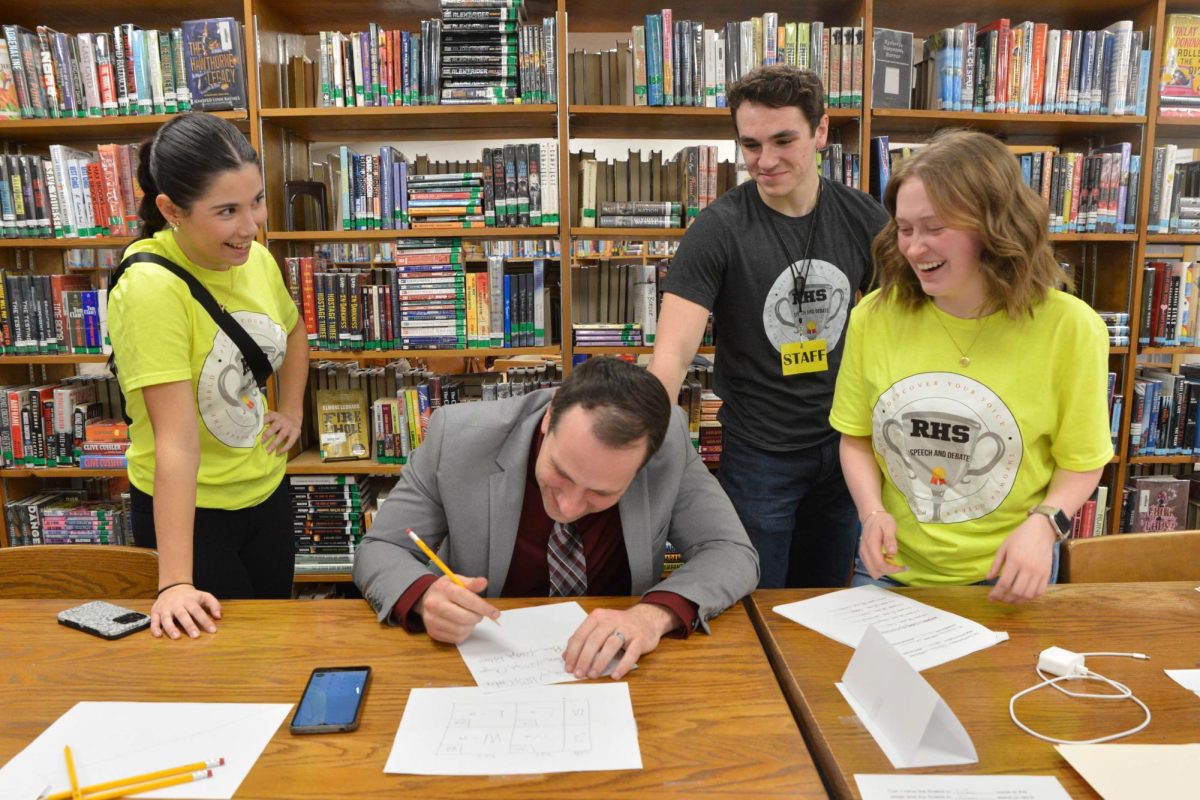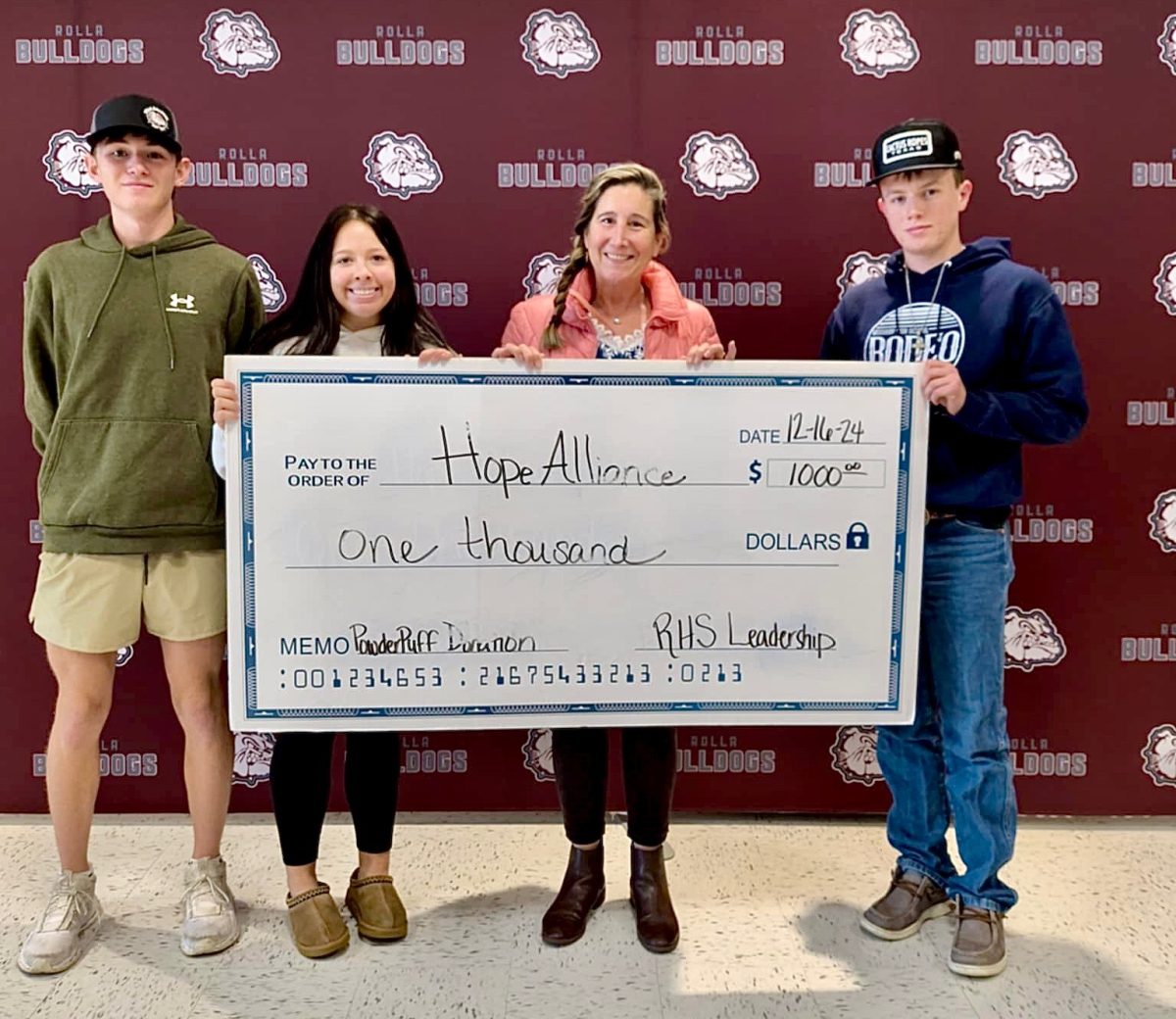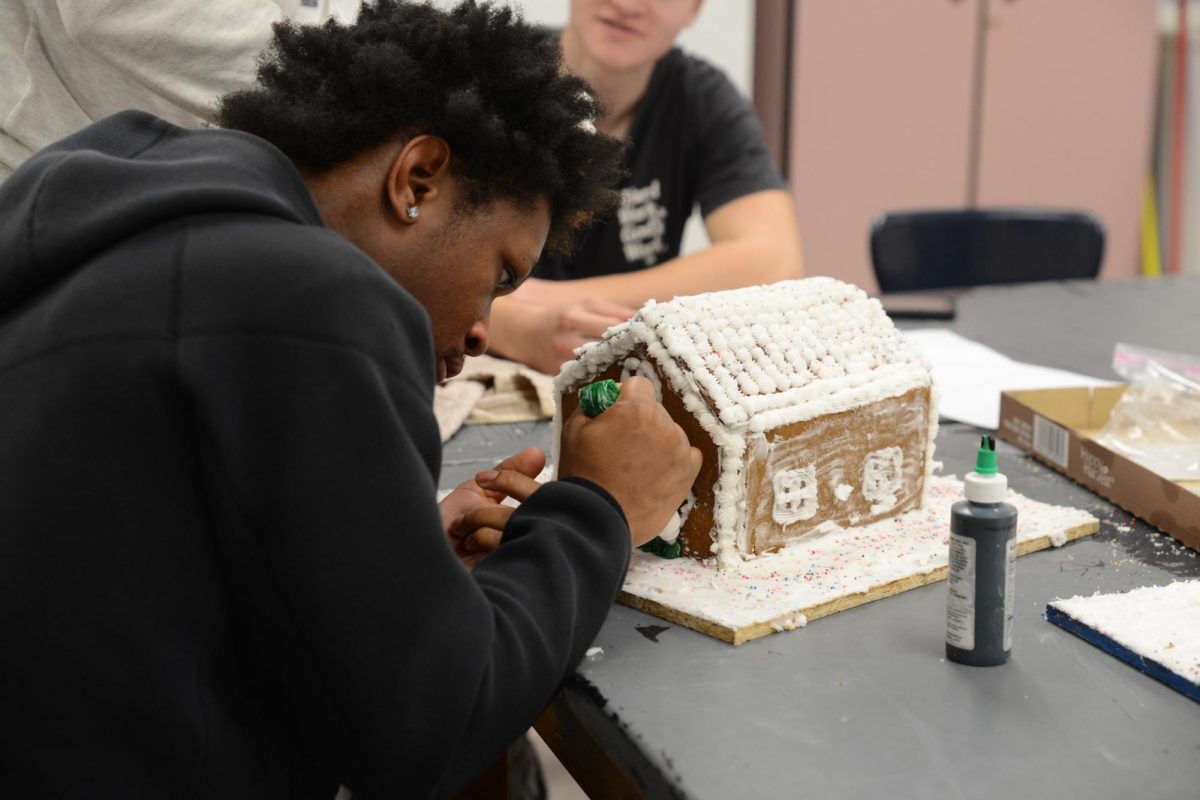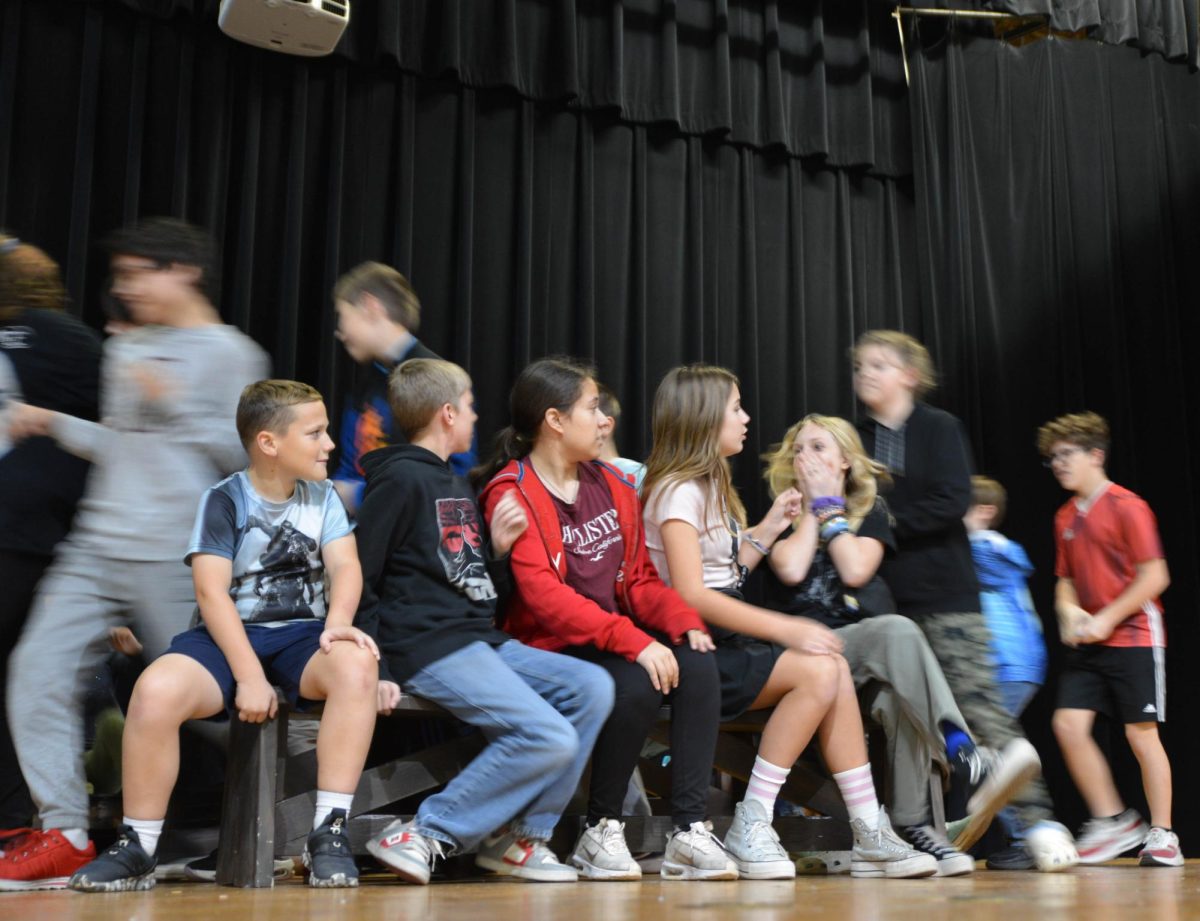In adults, getting only a small amount of sleep is known to affect day-to-day functioning in countless ways. In adolescents, who are biologically driven to sleep longer and later than adults do, the effects of insufficient sleep are likely to be even more dramatic.
According to the National Highway Traffic Safety Administration, drowsiness and fatigue cause more than 100,000 traffic accidents each year–and teen drivers are at the wheel in more than half of these crashes.
Research has also revealed a direct association between sleep deprivation and poorer grades. In a 1998 survey of more than 3,000 high-school students, psychologists Amy R. Wolfson, PhD, of the College of the Holy Cross, and Mary A. Carskadon, PhD, of Brown University Medical School, found that students who reported that they were getting C’s, D’s and F’s in school obtained about 25 minutes less sleep and went to bed about 40 minutes later than students who reported they were getting A’s and B’s.
Junior Erica Hilmas said, expressing the feelings of students “when students don’t get enough sleep they feel really groggy in class. Instead of paying attention to the teacher, they being to nod off in class, and sometimes don’t understand assignments because they weren’t listening.”
According to the American Psychological Association, starting around the beginning of puberty and continuing into their early 20s, adolescents need about 9.2 hours of sleep each night- compared with the 7.5 to 8 hours that needed by adults.
Not all students get the recommended amount of sleep.
“I get about six hours of sleep a night. Sleep affects the attention, and schoolwork of students because there is a lack of concentration and students can become sick if they don’t get enough sleep,” sophomore Jessi Nutt said.
Teens also underestimate the number of crucial hours of sleep.
“I think that teenagers need seven hours of sleep a night,” senior Megan McCaul said.
Research has also illustrated the inefficiency of students early mornings.
“What good does it do to try to educate teenagers so early in the morning?” Cornell University psychologist James B. Maas, PhD, one of the nation’s leading sleep experts, according the American Psychological Association asked. “You can be giving the most stimulating, interesting lectures to sleep-deprived kids early in the morning or right after lunch, when they’re at their sleepiest, and the overwhelming drive to sleep replaces any chance of alertness, cognition, memory or understanding.”
In order to overcome the early mornings students use caffeine to stay alert and focused.
“I drink one cup of coffee every morning. I see a lot of students walking around with coffee mugs and gas station sodas and coffees in the morning at school,” Hilmas said.
While some students only get a coffee or energy drink every now and then some students rely on them every morning.
“I usually get a cappuccino from the gas station in the mornings just because it’s delicious. I don’t think caffeine really helps me any, to be honest, but I see a lot of students with energy drinks every day,” senior Pranita Nayak said.
School districts are trying to help reduce teenagers’ daily drowsiness and keep them more alert without the caffeine.
“Changing school start times is one critical measure we can take to protect young people’s sleep,” says Wolfson according to the American Psychological Association. “And then, if we can only understand what’s going on with sleep we can intervene to change their sleep behavior before it gets out of hand.”
The numerous causes of sleep deprivation are prevalent in teenagers’ lives.
“Lack of sleep is caused by sporting events or extra after school activities conflicting with homework time, television, internet, or too much caffeine causing lack of sleep,” Nutt said.
All of the distractions that keep teens awake late at night effect them just hours later when school begins.
“Lack of sleep affects students because they sleep or zone out during class and miss important information like test dates or class materials or work assignments,” McCaul said.
“Work, video games, procrastination, sometimes too much homework coupled with extracurricular activities cause a lack of sleep,” Nayak said.
“Although it’s difficult to untangle cause and effect, it’s likely that sleep deprivation and problems controlling impulses and emotions exacerbate one another, leading to a “negative spiral” of fatigue and sleepiness, labile emotions, poor decision-making and risky behavior,” Ronald E. Dahl, MD, a professor of psychiatry and pediatrics at the University of Pittsburgh said, according to the American Psychological Association.
In order to ensure and maintain daily activities and good health without feeling drowsy get 9.2 hours of sleep a night.








